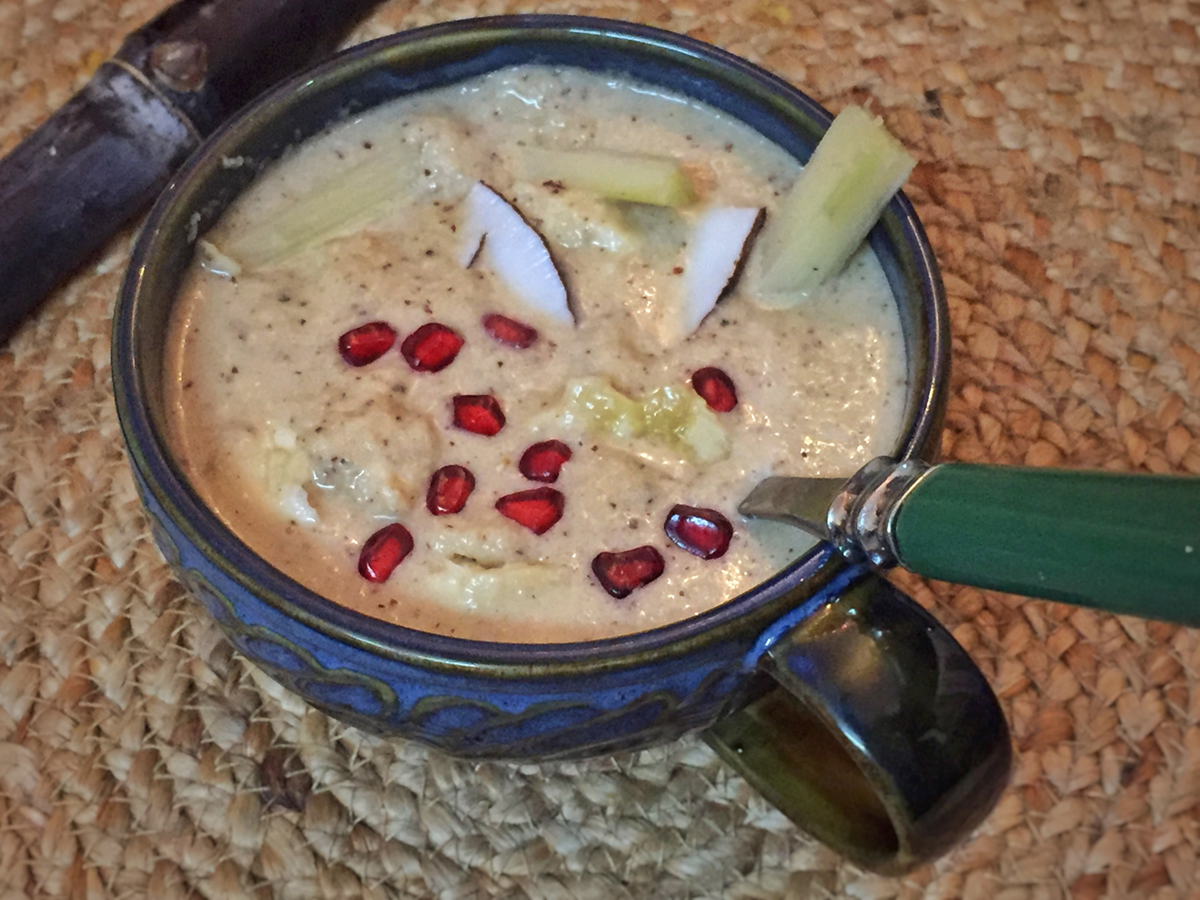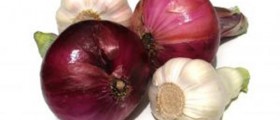Upset Stomach Info
Upset stomach is something that can bother young children quite often. Their stomach is more sensitive than the adults’, so it is important to choose a proper treatment to get them to feel better.
Indigestion in Children
Indigestion is the medical term for what most people refer to as an upset stomach. Digestion is a process in which the food that is consumed gets broken down and absorbed by the body and the rest is expelled. When this process gets disturbed due to different reasons, it results in upset stomach.
Children stomach is more sensitive and they are more prone to harmful agents. For example, bacteria can enter the system through food or water, and so can parasites, viruses and fungi.
Other causes may include food poisoning, metal poisoning or improper use of laxatives. Certain medications can cause indigestion as well.
Usually, the symptoms of an upset stomach include diarrhea and vomiting, possibly with cramps, fever, weakness, and loss of appetite.
The best thing to if a child has upset stomach is to try some of the home remedies to relieve symptoms and to prevent dehydration.
Remedies for Upset Stomach in Children
Home remedies are usually better for children than indigestion medicines because medicines often taste bad and some of them are not suitable for children.
Plain water is one of the best remedies for children with upset stomach. Drinking water will flush the toxins out of the system and it will prevent dehydration that can occur due to diarrhea and vomiting.
Ginger is also excellent. It soothes the stomach and helps it restore its normal functioning. It has been known for centuries for its ability to reduce nausea and vomiting and it also stimulates the production of stomach juices. The recommended intake is half a teaspoon of ginger juice twice a day until the symptoms stop. If the child does not like the taste, it can be mixed with some honey.
A tasty mixture for soothing an upset stomach and relieving the cramps can me made from a steamed and mashed apple with a mashed banana. Most children like it and it works because fiber and enzymes in fruit help restore mucous in the digestive system.
- Promising evidence for effectiveness was found for Potentilla erecta, carob bean juice, and an herbal compound preparation including Matricaria chamomilla in treating diarrhea.
- Moreover, evidence was found for peppermint oil in decreasing duration, frequency, and severity of pain in children suffering from undifferentiated functional abdominal pain.
- Furthermore, evidence for effectiveness was found for different fennel preparations (eg, oil, tea, herbal compound) in treating children with infantile colic. No serious adverse events were reported.
A few fresh mint leaves boiled in a cup of water and one slice of lemon added to it should be given to the child with an upset stomach in the morning. Lemon will relieve the constipation that sometimes accompanies an upset stomach, and mint has antibacterial properties. This mixture is also good for restoring the appetite.
Yogurt is also very useful because it contains beneficial bacteria that have an important role in healthy digestive system. During indigestion those bacteria are reduced so it is important to restore them.


















Your thoughts on this
Loading...